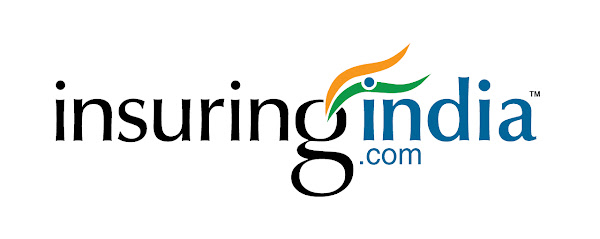 The government of India has decided to launch an
insurance scheme for blue-collar expatriate workers residing in the Gulf
countries. The Mahatma Gandhi Pravasi Suraksha Yojana (MGPSY), which aims at
providing insurance and financial protection up to 6 lac expatriate workers,
will be formally launched on Monday by the Minister of Overseas Indian affairs,
Mr. Vayalar Ravi. Around 65% of Indian workers in the UAE are blue collar
workers.
The government of India has decided to launch an
insurance scheme for blue-collar expatriate workers residing in the Gulf
countries. The Mahatma Gandhi Pravasi Suraksha Yojana (MGPSY), which aims at
providing insurance and financial protection up to 6 lac expatriate workers,
will be formally launched on Monday by the Minister of Overseas Indian affairs,
Mr. Vayalar Ravi. Around 65% of Indian workers in the UAE are blue collar
workers. Through MGPSY, the government is trying to encourage Indian overseas workers to build up savings that they can be used for their resettlement on their return to India. The scheme would also contribute to their pension and provide a life insurance cover against natural death during the insurance period.
Blue-collar expatriate workers in the Gulf countries aged between 18 to 50 years and who have Emigration Check Required status stamped on their passport, and have migrated on employment or contract visa, are eligible to enrol in the scheme. They would need to open a Non-Resident External account that allows Non-Resident Indians to remit funds in any permitted foreign currency, which is converted to Indian rupees and credited to their account. The participant's contribution will be automatically deducted from this account and credited to the scheme.
The government of India, through the scheme will contribute Rs. 1,000 per year for every saving of Rs. 5,000 to Rs. 12,000 by each subscriber. While, in case of women subscribers, the benefit will be double for the same amount of savings. An additional contribution of Rs. 900 will be made for the subscriber account for saving Rs 4,000 or more annually towards a return and resettlement fund.
Source: http://www.insuringindia.com

.jpg)

